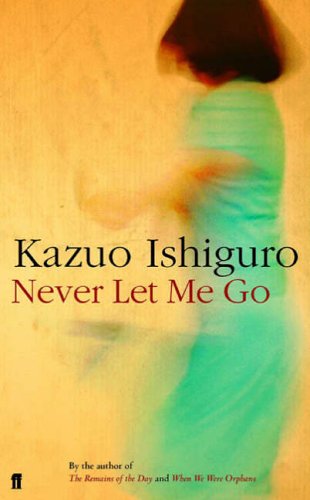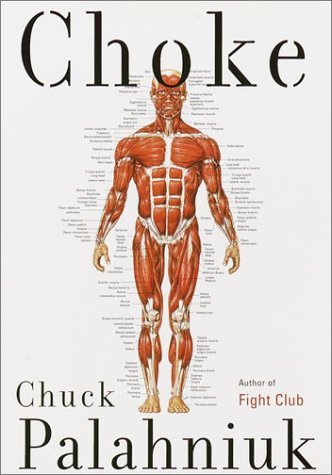 I was a little weary about reading a true-life suspense/thriller (can I classify it as such?) genre, but In Cold Blood was not what I was initially imagining. What I was thinking it would be, was something along the lines of Dateline with stock photo-esque imagery meant to illustrate generic small town settings, with a syrupy voiceover. Instead, from the very first sentence, Capote had me respecting the difference. Though the story is non-fiction, it read like any well-written novel. The author took care to understand every character so that the reader was able to trust the facts as accurately depicted. There is emotional depth, and no biased finger-pointing in any direction but to state the facts as they were given.
I was a little weary about reading a true-life suspense/thriller (can I classify it as such?) genre, but In Cold Blood was not what I was initially imagining. What I was thinking it would be, was something along the lines of Dateline with stock photo-esque imagery meant to illustrate generic small town settings, with a syrupy voiceover. Instead, from the very first sentence, Capote had me respecting the difference. Though the story is non-fiction, it read like any well-written novel. The author took care to understand every character so that the reader was able to trust the facts as accurately depicted. There is emotional depth, and no biased finger-pointing in any direction but to state the facts as they were given.I thought the first few chapters before the murders were artful. Chapters weaved in and out, trading perspectives between the killers' and the victims', which was a very successful way to keep the reader interested and attached. It is also interesting to me how much I liked the Clutters...their clearly religious (and fairly virginal), Southern ideals would most certainly ordinarily have bothered me, but I felt nothing of the sort. I do admit that perhaps Capote went too far into idealizing the members of this family, but perhaps it's true that this is the way they were perceived by the community.
I'm very attracted to the way Capote writes, and am interested in reading more of his books. I can see very beautiful stories coming in the context of lighter subject matter, but for him to have executed a story of murder in such a gentile way lends a favorable eye to his talents.
As for the next book, I've finally gotten a hold of Contact and I'm very excited. While meeting a friend after work, I stopped by the Barnes & Noble which, for some reason was filled with teenagers at 8.30pm. Is that the cool thing to do these days? There could be much worse things, I suppose. Anyway with the loss of Borders it seems as though I'm going to (regretfully) have to become a B&N fanboy.
In other news, over this Halloween weekend I have caught a terrible cold/flu(?). I'm pretty sure it's from touching things on the el, which is a very disgusting thought that I try not to dwell on. My throat is terribly angry with me, and I feel like dying. It has deprived me of sleep and this morning on my ride to work I almost fell asleep on 94 a number of times. Misery. This may in fact be the death of me if this persists.

 While I am still reading The Unbearable Lightness of Being, I was simultaneously enjoyingFranny and Zooey by J.D. Salinger over the past few days via internet. I chose it for its brevity, which I assumed would be more readily available for online viewing (especially since I am technologically inept and have a hard time finding anything for free. sad face).
While I am still reading The Unbearable Lightness of Being, I was simultaneously enjoyingFranny and Zooey by J.D. Salinger over the past few days via internet. I chose it for its brevity, which I assumed would be more readily available for online viewing (especially since I am technologically inept and have a hard time finding anything for free. sad face). 







